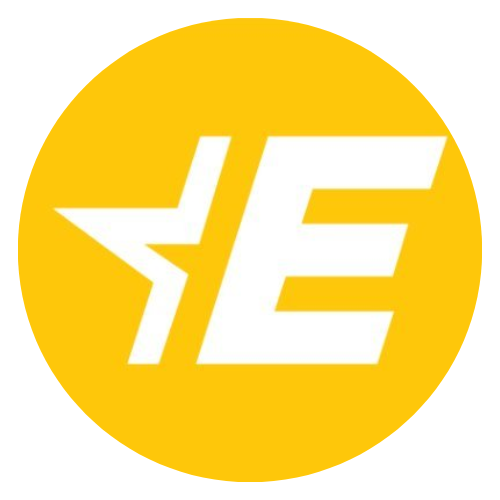The European Commission has accused TikTok of breaching the Digital Services Act (DSA), a key piece of EU legislation designed to ensure transparency and accountability online. At stake? Not just hefty financial penalties, but the very future of democratic dialogue in Europe.
Why Is the EU Targeting TikTok?
The EU is complaining about TikTok because it hasn’t made its advertising library public, which is required by the Digital Services Act (DSA). This library is a tool that helps researchers and public interest groups see and study paid content. It’s designed to help uncover campaigns that try to trick people or spread false information.
According to the Commission, TikTok doesn’t clearly disclose vital information such as:
- Who is funding an ad,
- Who the ad is targeting,
- And what type of message is being promoted.
This lack of openness becomes even more dangerous during election periods, when the integrity of public debate is at its most vulnerable. Without full transparency, it becomes much harder to detect fake ads, coordinated influence campaigns, or foreign interference.
This is the first time a DSA-related investigation against TikTok has advanced to its final stage — a clear signal that the EU means business.
TikTok has pushed back. A company spokesperson said that TikTok supports the goals of the DSA and is continuously working to improve ad transparency tools.
At the same time, the platform criticised the EU for failing to provide “clear and public guidance” and challenged some of the Commission’s interpretations of the law. Still, the company affirmed it is willing to keep cooperating with EU regulators.
Bots and Ballots: Is TikTok Fueling Election Interference?
But this isn’t just about ads.
Last December, the European Commission opened a separate investigation into potential interference in Romania’s presidential election. The probe began shortly after the election results were annulled by the country’s Constitutional Court.
The concern? That Russian-linked disinformation spread through TikTok may have influenced the vote.
The investigation focuses on several aspects: potential manipulation of TikTok’s content recommendation algorithm by bots, the promotion of political advertisements and their funding sources, and insufficient verification of those funding political ads.
One candidate in particular, Călin Georgescu, reportedly benefited from coordinated support via TikTok influencers and Telegram channels. His campaign is alleged to have received opaque funding and unfair visibility, potentially violating electoral competition rules. This was a key reason the Romanian court invalidated the election.
What Are the Consequences?
If the European Commission confirms that TikTok violated the DSA, the platform could face massive financial penalties — up to 6% of its global annual revenue.
But that’s not all. TikTok may also be required to immediately implement corrective actions,
hand over internal documents and data related to potential risks and ensure full cooperation with future oversight efforts.
These measures are part of a broader EU push to safeguard elections and civil discourse from systemic online threats.
TikTok says it doesn’t accept paid political advertising and actively removes content that promotes disinformation, hate speech, or harassment. Still, the Commission remains skeptical — and its investigations continue.
Real Responsibility or Digital Illusion?
TikTok’s troubles in Europe are far from over.
Back in February 2024, the Commission launched yet another investigation — concerning, among other things, the risk of user addiction, lack of transparency in advertising, and limited access for researchers to the platform’s data.
The concerns were serious enough that, by August 2024, the EU suspended the TikTok Lite app over addiction risks.
For the Commission, these steps are part of a long-term strategy to protect Europe’s digital sovereignty and democratic processes.
Henna Virkkunen, the Commission Vice-President for Technological Sovereignty, has stressed that the Union has a duty to combat manipulation — no matter where it comes from.
What’s Next?
As the European elections approach, platforms like TikTok — now officially classified as Very Large Online Platforms (VLOPs) under the DSA — will be under intense scrutiny.
For the EU, this is not just about one app. It’s a stress test for the EU’s digital laws and a defining moment for the continent’s approach to information security.
Whether TikTok will adapt or face consequences remains to be seen — but one thing is clear: the EU is determined to make democracy algorithm-proof.
- bots
- digital democracy
- digital rights
- Digital Services Act
- disinformation
- election interference
- EU elections
- European Commission
- media literacy
- Misinformation
- online manipulation
- online safety
- online transparency
- platform accountability
- political advertising
- Romania elections
- social media regulation
- tech regulation
- TikTok
- youth and politics
Written by
Shape the conversation
Do you have anything to add to this story? Any ideas for interviews or angles we should explore? Let us know if you’d like to write a follow-up, a counterpoint, or share a similar story.
